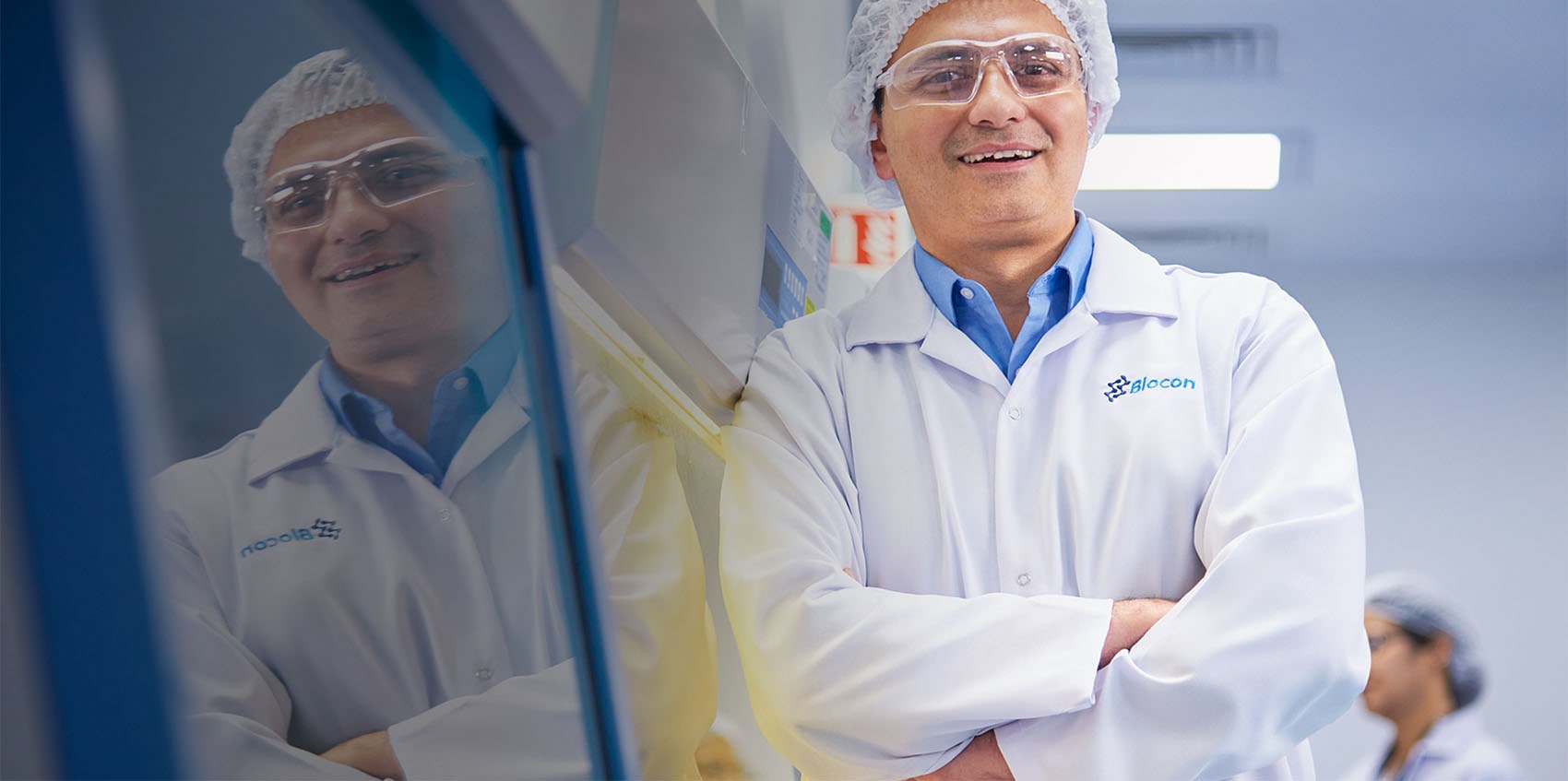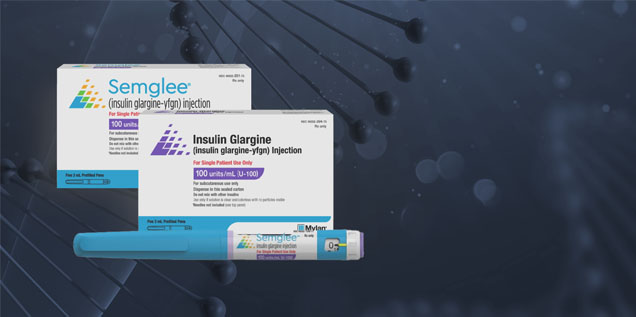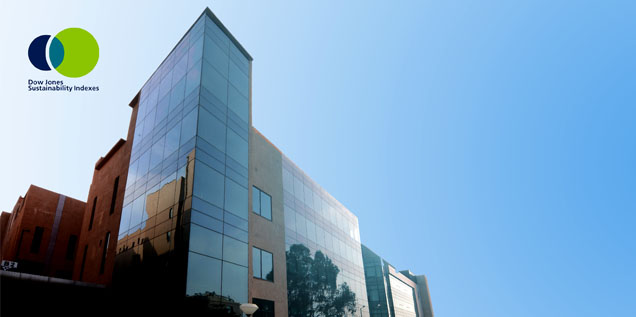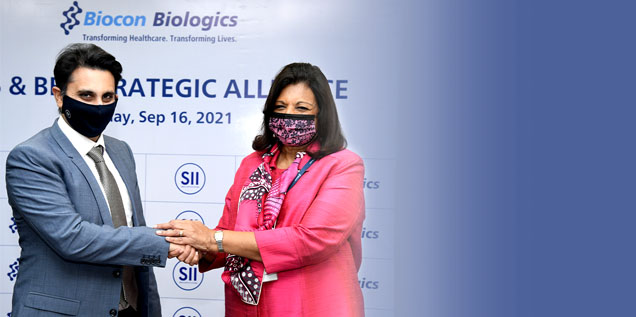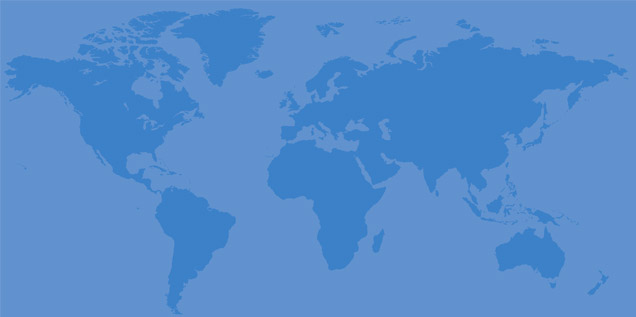Bringing innovative and transformative medicines to global markets at affordable prices.
Innovation-led drug discovery research is capital intensive, research-intensive and IP-intensive with inherently long gestational timelines for product commercialization. The cost of new drug development is steep, with some estimates saying that it takes nearly a billion dollars and up to 12 years to take a new chemical entity (NCE) from lab to market.
Biocon’s quest to develop affordable therapies and impact global healthcare led it to invest in developing novel biologics and novel targets in the area of large molecules, at a time when the pharma industry in India was focused on the safer business of manufacturing generic medicines.
This considered scientific risk paid off and today Biocon has a pipeline of novel assets comprising early and advanced stage programs spanning multiple modalities including recombinant proteins, novel fusion antibodies and monoclonal antibodies (mAbs). The basket of novel assets comprises therapeutics for diabetes, autoimmune or inflammatory diseases and cancer, reflecting a track record of pioneering cutting-edge innovation.
Biocon: Ahead of the Curve in Novel Biologics
As one of the earliest players in the realm of biologics in India, Biocon forayed into novel biologics ahead of its entry into the biosimilars segment. Biocon invested in innovative science to discover novel, ‘best in class’ therapies for chronic diseases. In 2006, Biocon introduced India’s first indigenously developed novel monoclonal antibody, Nimotuzumab, at an affordable price point. It provided an advanced treatment option for head & neck cancer, which largely afflicted poorer sections of India’s population due to excessive use of chewing tobacco.
Insulin Tregopil: Biocon’s Oral Insulin
Biocon’s work on first-in-class drugs, including oral insulin (Insulin Tregopil) and an anti-CD6 antibody (Itolizumab), allowed it to push the boundaries of science to develop affordable therapies that can impact global health.
Itolizumab: Repurposed to treat Covid-19 in India
In 2020, we repurposed Itolizumab, whose unique mechanism of action helped prevent and treat CRS (cytokinerelease syndrome), which is a leading cause of death in patients suffering from acute lung inflammation due to COVID-19. Thousands of COVID-19 patients in India have benefited from Itolizumab up to the end of May 2021.
Global Partnerships
Biocon’s Novels program counts reputable organizations such as the U.S. based JDRF and Equillium as partners, which underscores its potential to impact lives globally. These segments are expected to capture the majority share of global healthcare spending over the next few years.
Partnership with JDRF
Biocon Ltd. partnered with JDRF, the leading global organization funding type 1 diabetes (T1D) research and advocacy worldwide, to support a global multiple ascending dose study with a novel oral insulin drug candidate, Insulin Tregopil, in people with T1D.
As this biopharmaceutical strategy entailed a high risk-high reward model, Biocon adopted a hybrid business model of low-hanging revenue-earning, low-risk and predictable businesses on the one side and higher-risk and longer-gestation businesses of novel biologics and biosimilars on the other hand. Moreover, wherever feasible Biocon entered into partnerships to mitigate risks through shared risk-reward partnerships that brought in complementary skills and experience. In doing so, Biocon has today emerged as one of the most innovative biopharma companies operating out of Asia, which has put India on the global innovation map.




